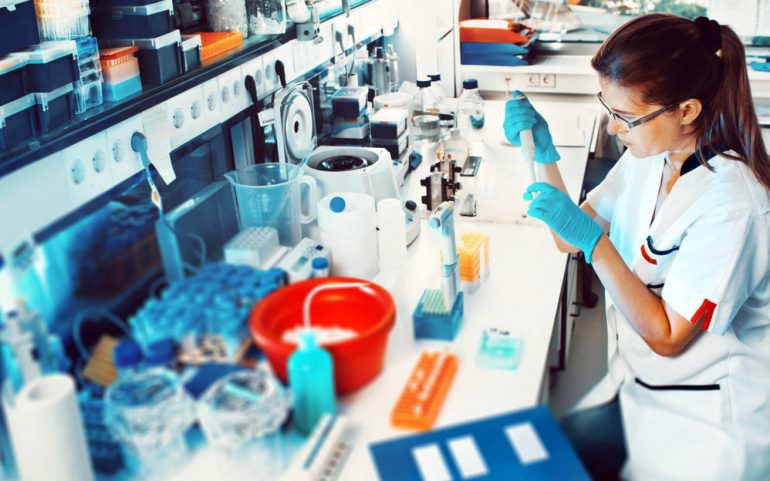They make up the elite of the global scientific community, staffing leading universities and research structures abroad.
In their fields they are distinguished names, with important work and great contribution. Their path reveals the worth of our people, this soulful national capital that meets international recognition.
And yet in their country they remain largely unknown. They are not celebrity scientists, but people in their fields who make a difference. For all humanity.
Their pioneering works are great and with great influence in the world science. Renowned academics and researchers, live and breathe for its knowledge and promotion.
All of them were awarded by the Bodossaki Foundation in 2017 for their excellent performance, heavy CVs and their contribution to the industry they serve with a complete project. For their contribution in the fields of sciences, life sciences, applied sciences and social sciences.
And all of them are around 45 and members of the editorial boards of the largest scientific reviews.
It is a pity that we do not know them. So let's get to know them.
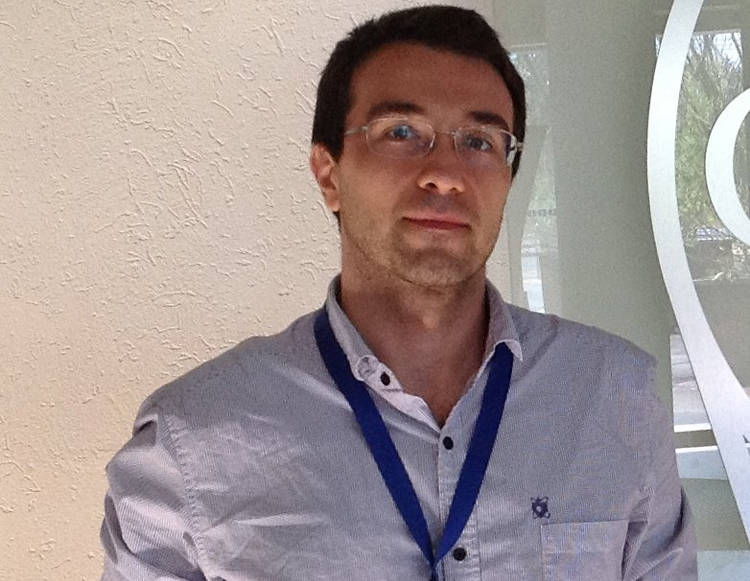
An associate professor at Yale, Arkolakis studies the importance of geography in economic prosperity, focusing his research on space economics and the importance of international trade and geography in economic prosperity. His theoretical approach touches on international economics and social sciences.
His innovative approach to in-depth understanding of the importance of world trade for the economic well-being of peoples has led to a series of mathematical tools for analyzing and solving the unified model he conceived. The field of finance with which it deals finds a number of applications, being a cutting-edge industry nowadays.
Costas Arkolakis, as he is known internationally, was born in 1979 in Egaleo, studied at the Military School of Officers (SSAS) and at the same time at the Department of Economics of the Aristotle University of Thessaloniki. He then went on to become a PhD student at Minnesota State University, having first resigned from the SSAS.
After completing his doctoral studies, he began his career as an assistant professor at Yale University. At the age of 33 he became an associate professor and at the age of 35 he was a full associate professor. As much as for his research work, has been published in reputable reviews, such as the American Economic Review, Journal of Political Economy and Quarterly Journal of Economics.
When does not teach at Yale and as a visiting researcher at MIT, Princeton and Northwestern, he lectures at more than 100 universities and research institutes in Europe, America and Asia. He has been honored with numerous awards and distinctions, including scholarships from the US National Science Foundation and Princeton University.
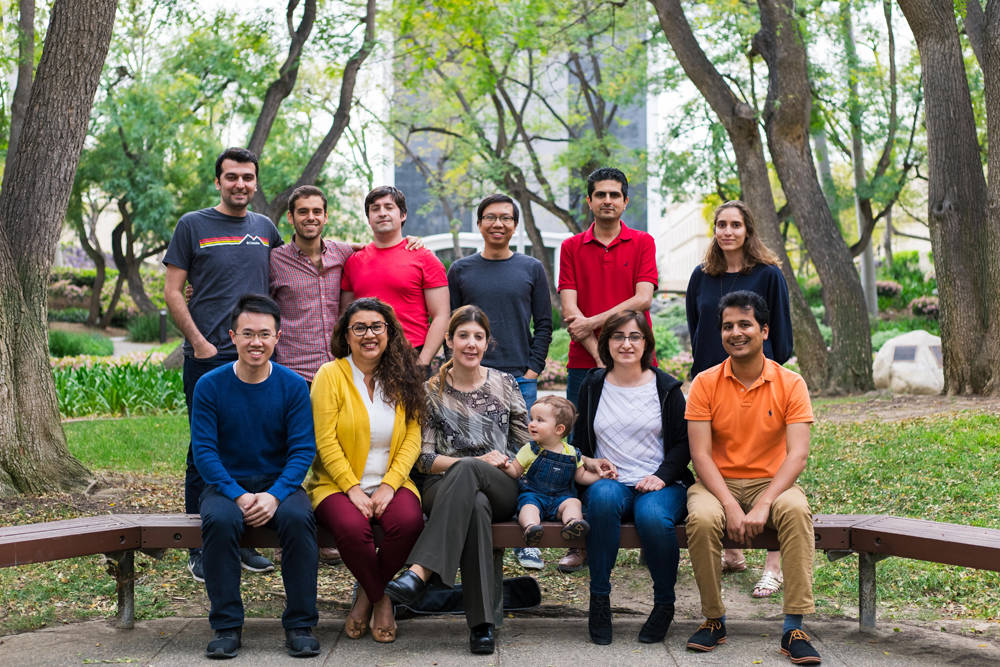
Teacher in the famous California Institute of Technology (Caltech), Asimaki is involved in the creation of a new model of earthquake protection in urban areas. Her research remains at the forefront of seismology, as she has shown that urban planning continues to ignore the amplification of seismic vibrations that soil topography can cause.
Born in Athens in 1975, he graduated from the Department of Civil Engineering of the National Technical University of Athens and then did postgraduate and doctoral scholarships at the Massachusetts Institute of Technology (MIT). The subject of her dissertation was the analysis and numerical simulation of the amplification of seismic vibrations at the top of convex natural and artificial soil formations, such as mountains, slopes and embankments.
He has worked at the École Nationale des Ponts et Chaussees in Paris, at Imperial College London, as part of a European Union research project, has graduated from the University of California, Santa Barbara and in 2005 was elected Assistant Professor of Geotechnics at the Department of Civil Engineering, Georgia Tech of Technology, Atlanta.
In 2010 she became an associate professor and then a professor in the Department of Mechanical and Civil Engineering at the California Institute of Technology (Caltech), where she still teaches.
He continues to research the underestimation of seismic hazard in areas with strong topographic relief, having published more than 70 articles in top reviews, remaining a major name in geotechnical seismic engineering, structural engineering, technical seismology and geophysics. Has won numerous awards…
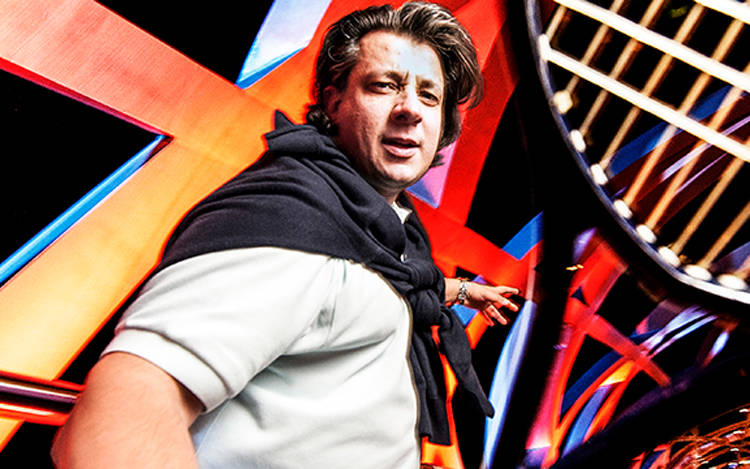
46time Professor at the University of Geneva studies DNA diversity working for better diagnoses and disease prevention. A leading name in the field of life sciences, Dermitzakis holds the Louis-Jeantet Chair of Genetics in the Department of Medical Genetics and Development of the Medical School of the University of Geneva.
He studied biology at the University of Crete and completed his doctoral dissertation on evolutionary biology and population genetics at Penn State University in the USA. He then worked as a researcher at both the University of Geneva and the Sanger Institute in Britain and is currently, among others, director of the 2030 Genomic Health Center.
He has prepared more than 160 studies in the field of his interests, the analysis of the diversity of human DNA and how it relates to diseases and biomarkers. His research in pathophysiology has made him one of the pioneers in the world and his articles can be found in the most prestigious scientific journals.
His research laboratory studies the molecular effects of polymorphisms on cells and tissues, in order to reveal the molecular basis of the genetic predisposition of various diseases.
He is an elected member of the European Molecular Biology Organization (EMBO) and has also been named "Highly Cited Researcher" by Thompson Reuters in 2014, 2015 and 2016, in the fields of genetic and molecular biology, as well as scientific references to his work exceed 45.000. The institution included him in 2014 among the 3.200 most important scientists on the planet, whose work will directly affect our lives in the coming years.
He holds a position on the Executive Board of the Geneva Institute of Genetics and Genomics (iGE3), in Swiss Institute of Bioinformatics (SIB) and the Institute for Biomedical Research of the Academy of Athens (IIBEAA).
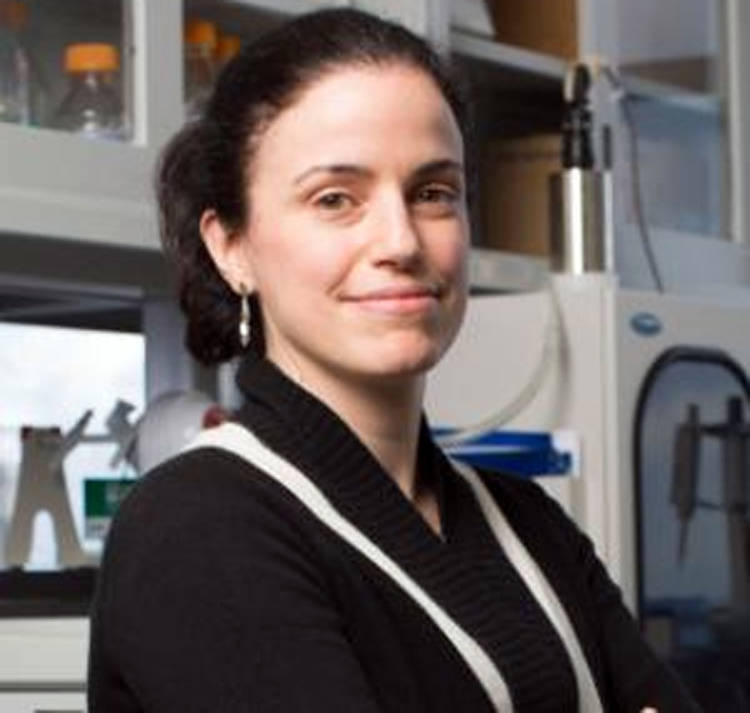
Η professor at Columbia University seeks new possibilities for detection and diagnosis of diseases with the help of ultrasound. Her research focuses on the development of new imaging techniques for the diagnosis of cardiovascular disease, as well as therapeutic applications in diseases such as breast cancer, pancreatic cancer, Alzheimer's and Parkinson's.
Konofagou has signed 170 publications and has in its rich assets more than 400 presentations at international conferences. At the same time, it holds 13 patents in its name, of which a good percentage has found its way to the largest companies in the industry.
Her work has been continuously funded for the past decade by the US National Institutes of Health (NIH), the US Army Research Foundation (DARPA) and the US National Science Foundation (NSF). It is worth noting that it belongs to the 5% of American scientists with the most research funds in her name.
Research in her laboratory wants to push the boundaries of non-invasive diagnostic methods, overcoming the limitations of clinical ultrasound. Born in Paris, Konofagou studied chemistry and physics at the Sorbonne (Paris 6 - Pierre et Marie Curie), completed her postgraduate studies in biomedical technology at Imperial College London and her PhD in biomedical technology at the University of Houston in Houston.
He then did postdoctoral studies at his Medical School Harvard, where he became a lecturer. In 2003 she was elected Assistant Professor in the Department of Biomedical Technology at the School of Engineering and Applied Sciences, as well as in the Department of Radiology at Columbia University. Since 2014 she has been a teacher in the same schools, where she directs the Laboratory of Ultrasound and Elastic Imaging.
Award-winning by the largest scientific organizations in the USA and internationally, member of institutions and scientific councils, it continues its cutting-edge research with the same vigor…
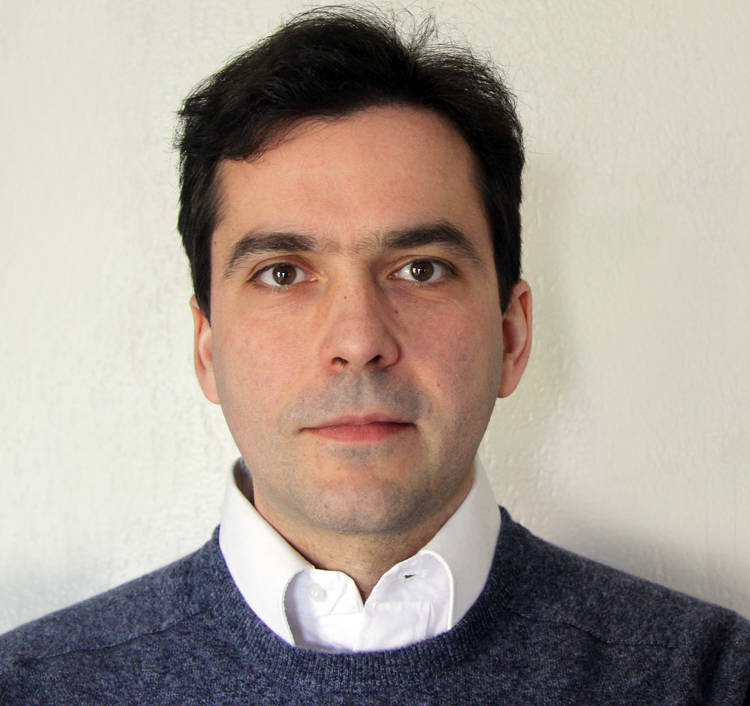
Ο Greek of CERN is also an assistant professor at the University of Groningen in the Netherlands. What it does is attempt to formulate a more accurate theory of what happens inside black holes. His research focuses on solving the information paradox in black holes, an activity that falls within the theory of high-energy physics.
Papadodimas tries to reveal the natural laws that govern the Universe at the most fundamental level. His work focuses on the development of the theory of quantum gravity, mainly through the framework of superstring theory and holography. In fact, significant progress has been made in resolving the so-called "black hole information problem" Steven Hawking, one of the central problems of quantum gravity that has been studied diligently for decades.
Η theory developed by Papadodimas for the theoretical contradiction of black holes has received great international recognition, giving its name to the leading theoretical physicists of our time. Born in Athens in 1977, he graduated from the Physics Department of the University of Athens and continued his studies at Harvard University, where he received his PhD in theoretical physics.
He never stopped learning and analyzing, with a number of postdoctoral research positions at the University of Amsterdam and the European Organization for Nuclear Research (CERN) in Geneva.
He now splits his time between the University of Groningen, where he continues to study quantum gravity and holography, and CERN, where he works as a researcher in the Department of Theoretical Physics.
